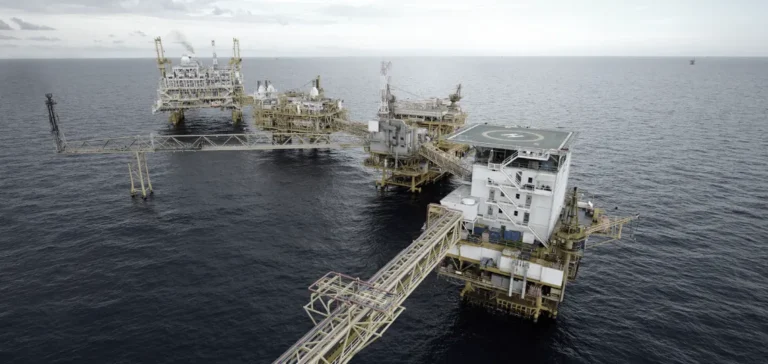The Zambian government is stepping up its efforts to stabilise the supply of petroleum products through a series of logistical and regulatory reforms. This move follows the recent issuance by the Energy Regulation Board (ERB) of 43 new licences as well as six construction permits in the petroleum and solar energy sectors, with a clear emphasis on petroleum.
Logistics under pressure
According to a report from the Policy Monitoring and Research Centre (PMRC), a public think tank based in Lusaka, frequent interruptions in fuel supplies are not due to insufficient product availability but rather structural and internal logistical deficiencies. The distribution network, currently comprising 439 service stations according to the latest statistics from April 2025, struggles to meet rising demand.
In early January, Elijah Sichone, Director General of ERB, confirmed to local media that over 100 service stations in Lusaka and other major cities experienced petrol stock-outs. In response to these regular disruptions, the Zambian government has opted for a complete overhaul of national energy infrastructure and logistics.
Major strategic reforms
The emblematic reform within this strategy began in October 2024 with the conversion of the Tanzania-Zambia Mafuta (TAZAMA) pipeline, now dedicated exclusively to transporting diesel from Dar es-Salaam in Tanzania to the Indeni refinery. The refinery was simultaneously transformed into a storage depot, as part of a broader repositioning aimed at optimising local storage and distribution capacities.
The ERB has recently required that half of the national petroleum transport must now be handled by local carriers, a choice intended to strengthen domestic capacity. To support this measure, the organisation has approved the commissioning of over 85 new tanker trucks, along with six new service stations strategically spread across the national territory.
Medium-term objectives
These new provisions aim to significantly enhance the efficiency of Zambia’s petroleum supply chain, especially in historically underserved rural areas. Additionally, authorities plan to progressively reduce the country’s dependence on foreign intermediaries, identified as a major vulnerability.
Finally, these measures are also part of a broader national energy diversification strategy, with the gradual rise of liquefied petroleum gas (LPG) as an alternative solution to traditional fuels. However, the concrete effect of these initiatives on local employment, logistics costs, and final prices remains to be accurately assessed at this stage.






















